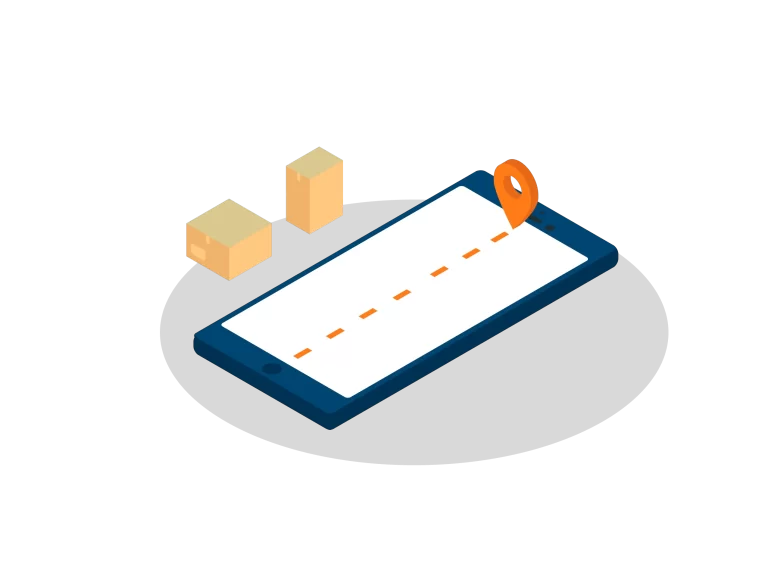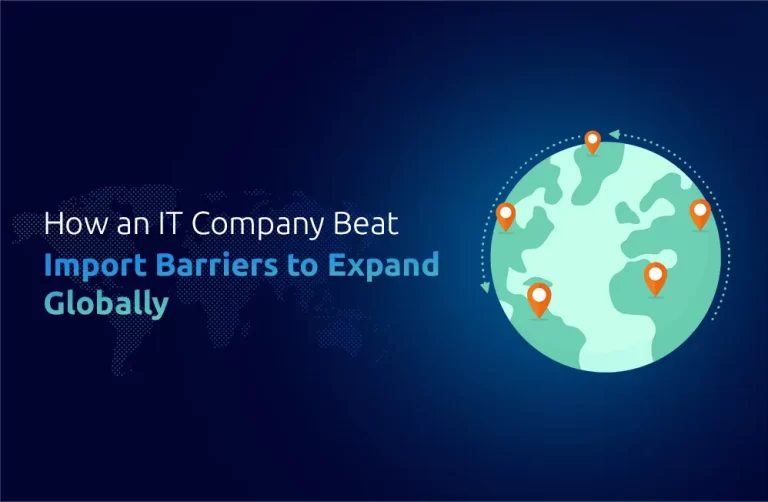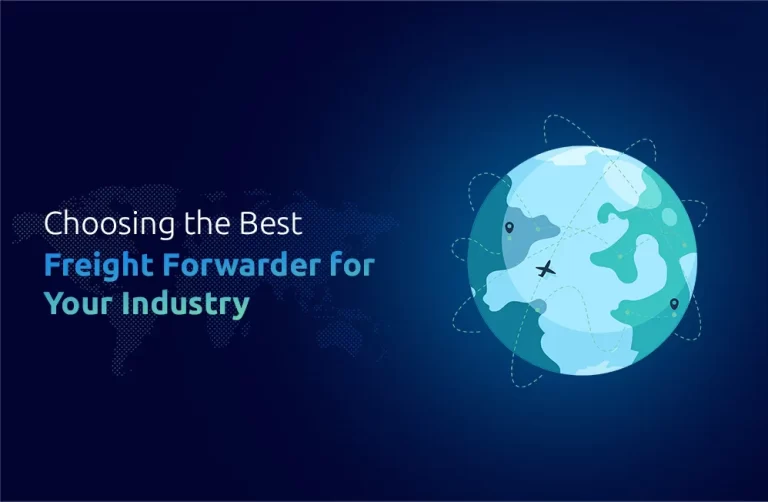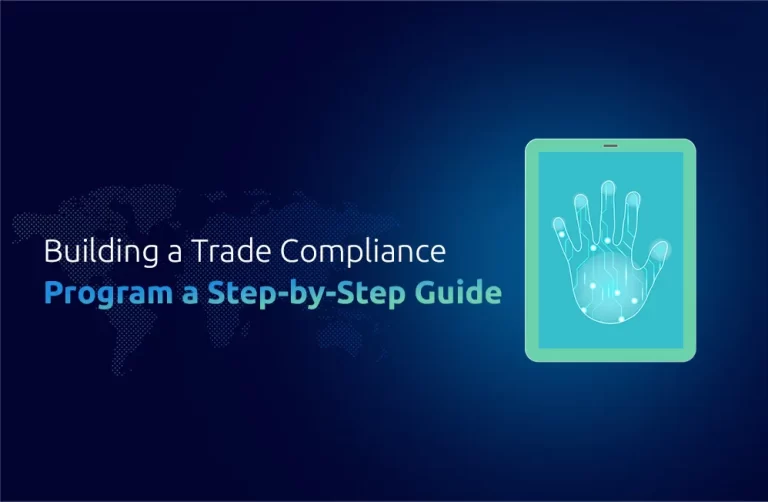What is an exporter of record, and why would you need this service?
An exporter of record (EOR) is a designated organization responsible for confirming that goods comply with the legal requirements of the exporting country. The EOR’s responsibilities include handling documentation, confirming approvals with customs regulations, and managing harmonized system code (HS code) classification.
Companies use exporter of record services to simplify international trade, reduce risks, and guide complex customs procedures. The EOR assumes legal liability and ensures smooth shipments while businesses focus on their core operations.
When is an exporter of record service required?
An exporter of record service is necessary for businesses busy in international trade, especially when they lack a registered entity in the exporting country. Companies shipping under DAP (Delivered at Place) or other Incoterms frequently depend on these services to confirm approvals with local regulations. Also, when products require export licenses or must conform to trade agreement laws, an exporter of record handles the necessary documentation, including the export register process. For businesses looking to benefit from the Generalized System of Preferences, accurate classification under the HS code or HTS harmonized tariff is necessary for tariff reductions. Companies can simplify their global operations by utilizing exporter of record services while confirming regulatory approvals and cost efficiency.
Insights into IT, Aviation, Medical, and Automotive Industry in Exporter of Record
IT Industry
New Zealand’s tech sector depends heavily on exporter of record services to ship IT hardware and software globally. The Incoterms regulations play an important role in confirming smooth cross-border transactions.
Aviation Industry
Aviation parts and equipment require strict approval with HTS (Harmonized Tariff Schedule) codes to meet safety and regulatory requirements. The export of the record process confirms that these goods meet international aviation standards.
Medical Industry
Medical equipment exports demand precise classification using HTS codes and adherence to international health regulations. The export register process helps simplify customs clearance and confirms the timely delivery of life-saving devices.
Automotive Industry
The automotive sector in New Zealand depends on efficient logistics and exporter of record services to ship vehicle parts worldwide. Agreements with HTS harmonized tariff classification simplify cross-border trade.
DID YOU KNOW?
Fisher & Paykel Healthcare reported revenue of around $672 million that year. Health technology revenue in New Zealand at this time was around $1.317 billion.








